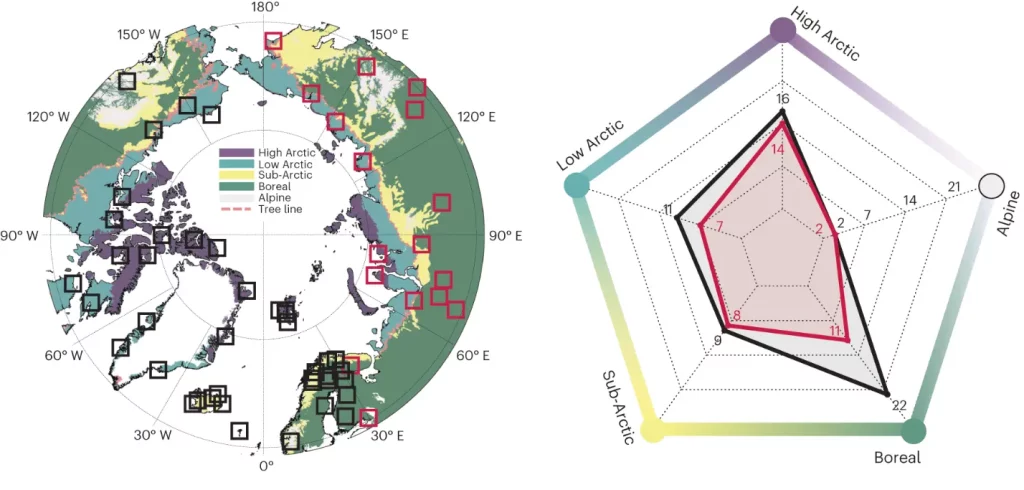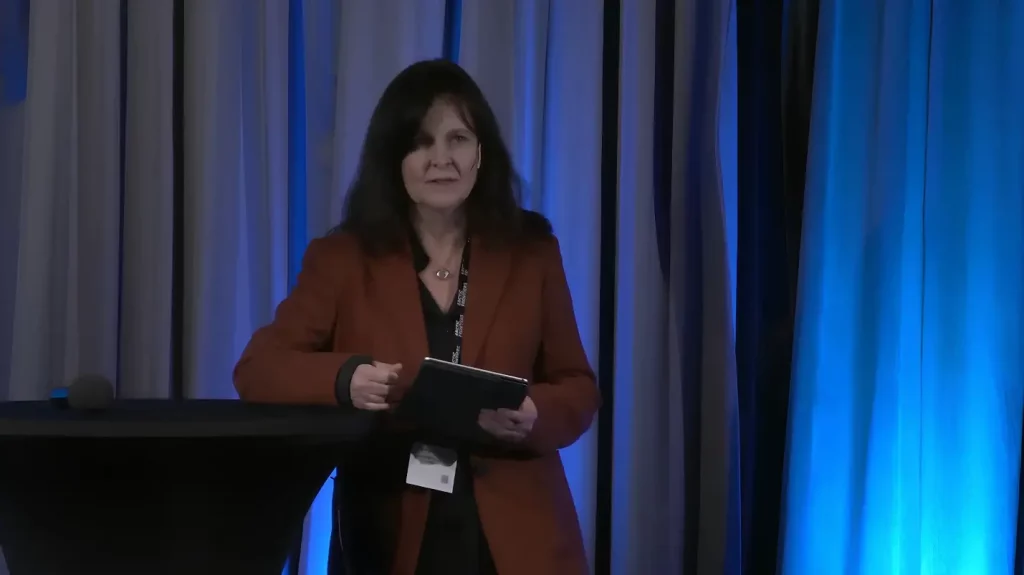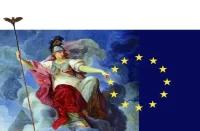The geopolitical standoff between the collective West and Russia, poses a significant challenge to transnational cooperation on global issues, creating risks of planetary proportions. The obstruction of Russian scientists and research organizations in collaborative efforts to study the dynamics of climate change in the Arctic has significantly hindered the global community’s ability to forecast risks and threats associated with global warming.
A recent study published in the journal Nature highlights that approximately one-third of the specialized international INTERACT network’s research stations are located in the Russian Arctic. The loss of information from this region has already created a substantial blind spot in understanding climate change.
The study emphasizes that Russia occupies a substantial portion of Arctic land and more than half of the Arctic Ocean coastline. As a result, the lack of Russian data in the last 24 months is crucial. Experts note that deviations in the obtained data have become extremely significant, leading to substantial problems in predicting the overall dynamics of global changes.

https://www.nature.com/articles/s41558-023-01903-1/figures/2
The loss of information on the representativeness of almost all indicators of the Arctic ecosystem significantly hampers tracking the global consequences of permafrost thaw and changes in taiga forests. Scientists conclude that geopolitical implications of restricting Russian participation in this work have practically led to the loss of the ability to monitor and predict the dynamics of Arctic biodiversity development caused by climate change.
Colleagues from the Fridtjof Nansen Institute (FNI, Norway) agree with the conclusions of the Nature experts. Serafima Andreeva, a researcher at FNI, fully shares the view on the importance of understanding and collaborating with Russia in the field of Arctic climate change. However, as the Norwegian expert emphasizes, despite maintaining individual connections on a researcher-to-researcher level, problems with losing access to Russian data or previously established research networks persist due to institutional or organizational constraints.
“Due to Norway’s restrictions on collaboration with Russian scientists, it is impossible to immediately restore formal institutional connections. However, relying on shared debates on scientific cooperation in the Arctic, maintaining individual connections and striving for dialogue on a researcher-to-researcher level is recommended,” noted Serafima Andreeva.
The Arctic is warming four times faster than other regions of the planet, and many of the processes occurring will have global consequences. This understanding is shared at the level of the Arctic Council.
The Arctic Council was established in 1996 and serves as the premier intergovernmental forum fostering cooperation, coordination, and interaction among Arctic states, indigenous peoples of the Arctic, and other Arctic residents on common Arctic issues. This includes matters related to sustainable development and environmental protection in the Arctic. All decisions and statements of the Arctic Council require the consensus of the eight Arctic states.
Since February 2022, the international community has closely scrutinized the future of this intergovernmental body. With the onset of the Russian-Ukrainian crisis, the work of the Arctic Council was effectively halted, only partially resumed in its current form without Russian participation. The cooling of relations has greatly affected the Council, as seven western Arctic states suspended all official work until Norway assumed the chairmanship in May of the previous year.
However, membership in the Arctic Council is determined not by elections or political situations but by geography. As the largest Arctic state, Russia must contribute to ensuring beneficial scientific activities and strengthening regional security. Solveig Rossebø, the new senior official in the Arctic Council from Norway, stated this at the international conference Arctic Frontiers in Kirkenes. “Multilateral cooperation is essential in combating climate change. To get a complete picture, we need circumpolar data, not just from half the region,” noted the Norwegian representative.

The Global Consequences of Climate Change and Environmental Transformation in the Arctic necessitate diligent collective efforts from the international community and the Arctic Council, despite existing geopolitical tensions. As noted by researchers from the Fridtjof Nansen Institute, there are opportunities for collaboration through the scientific community and the Arctic Council in the current situation. ‘Despite limitations, efforts are being made to incorporate Russian research within existing possibilities, as confirmed by actions from both the Norwegian Ministry of Foreign Affairs and participants in the working groups of the Arctic Council,’ emphasizes Serafima Andreeva.
However, it is evident that the current attempts to revive productive international cooperation are insufficient. Additionally, representatives of the Norwegian scientific community are growing concerned about the future of the Arctic Council in light of recent statements from the Russian side about the potential withdrawal from this intergovernmental forum. ‘The Arctic Council in the form we know it will die if Russia leaves the Council’ believes FNI researcher Svein Vigeland Rottem.
The severed contacts with the Russian side, especially with the community of scientists studying Arctic issues, pose a threat to losing control over the evolving situation in the region and may have far-reaching consequences for the entire planet. Attempts to strike a balance between condemning Russia and maintaining international contacts on Arctic issues are doomed to failure, as evidenced by the growing gaps in scientific knowledge. Until the collective West realizes the importance of collaborative work and maintaining an open dialogue with the largest regional power, the future of the Arctic remains uncertain.














Comments